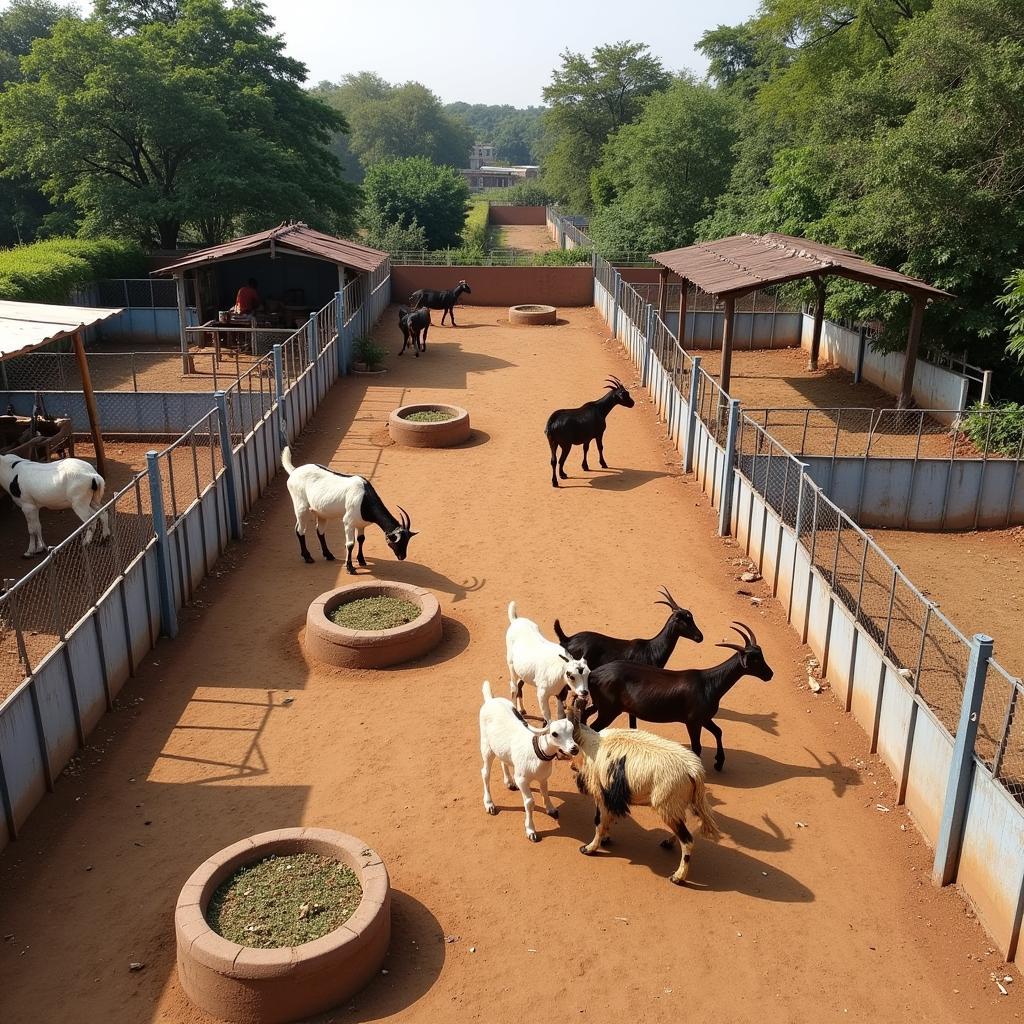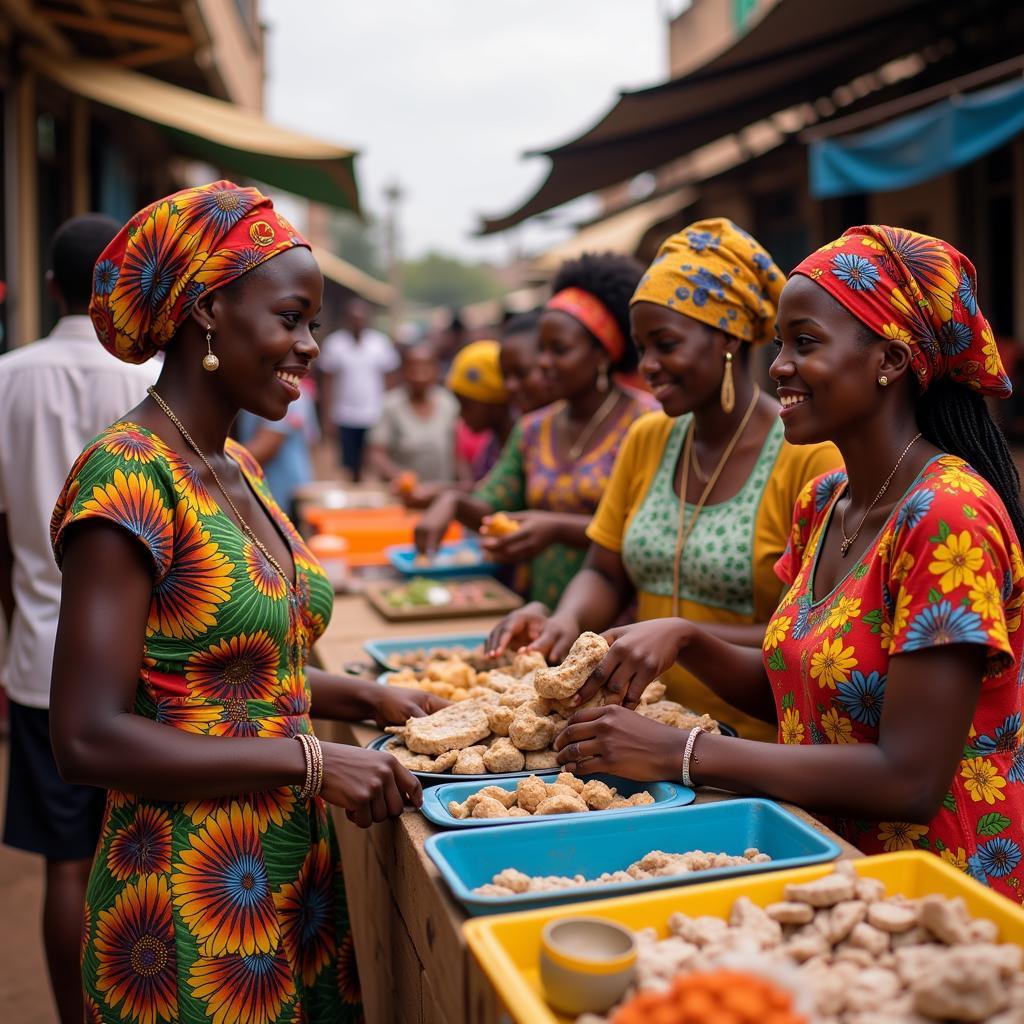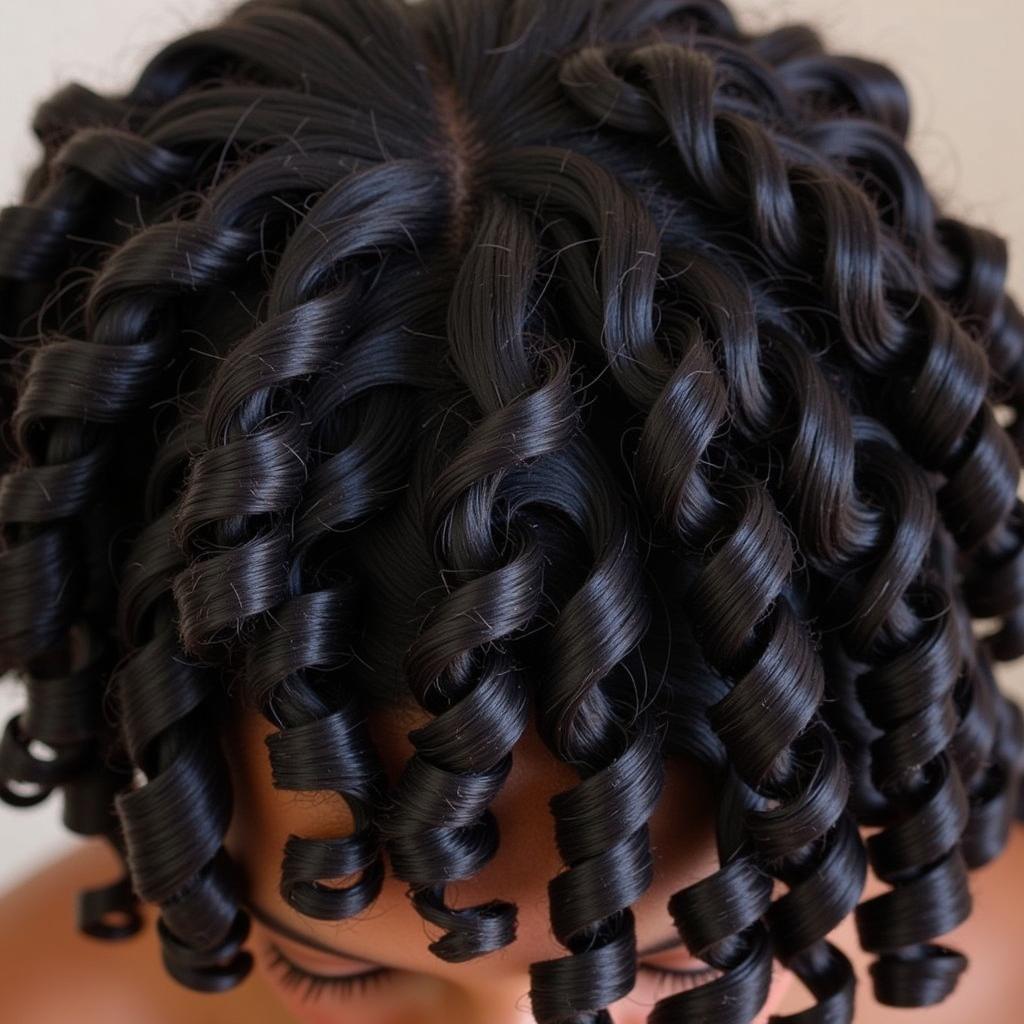Exploring the Facts and Myths Surrounding African Dick Size
The topic of “African Dick Size” often arises in online searches, fueled by stereotypes and misconceptions that have persisted for centuries. While it’s natural to be curious about human variation, it’s crucial to approach this subject with sensitivity and a commitment to factual information. This article delves into the truth behind the myths, exploring the scientific, social, and cultural factors that contribute to our understanding of human anatomy and diversity.
The Science of Human Variation
To understand why the idea of “African dick size” is misleading, it’s important to understand the science of human variation. Human genetics is incredibly complex, and physical characteristics like height, build, and yes, even penis size, are influenced by a multitude of genes. This genetic diversity is further shaped by environmental factors such as nutrition and overall health.
When we talk about “African,” we’re referring to a vast continent with diverse populations encompassing various ethnicities, each with its unique genetic makeup. Therefore, attributing a specific physical characteristic to an entire continent is not only inaccurate but also disregards the immense diversity within Africa.
Debunking the Myths and Stereotypes
The notion of an “average African dick size” is a harmful stereotype rooted in colonialism and racism. Historically, these stereotypes were used to portray African men as hypersexualized and primitive, seeking to justify oppression and exploitation. These harmful stereotypes persist today and have no basis in scientific fact.
Scientific studies examining penis size across different populations have consistently shown that there is no single “race” or ethnicity with a significantly larger penis size than others. Variations exist within every population group, and the differences are often minimal and clinically insignificant.
The Importance of Respect and Sensitivity
Discussing sensitive topics like body image requires responsibility and respect. It’s essential to remember that reducing individuals to stereotypes based on their race or origin is dehumanizing and perpetuates harmful prejudices. Instead of focusing on perceived differences, let’s celebrate the beauty of human diversity and recognize that true beauty lies in our shared humanity.
Moving Beyond the Myths
Instead of perpetuating harmful stereotypes, let’s focus on celebrating the richness and diversity of African cultures. From ancient civilizations to modern advancements, Africa has a wealth of history, art, music, and traditions to explore. Let’s engage with the continent on its own terms, appreciating the unique contributions of its people.


